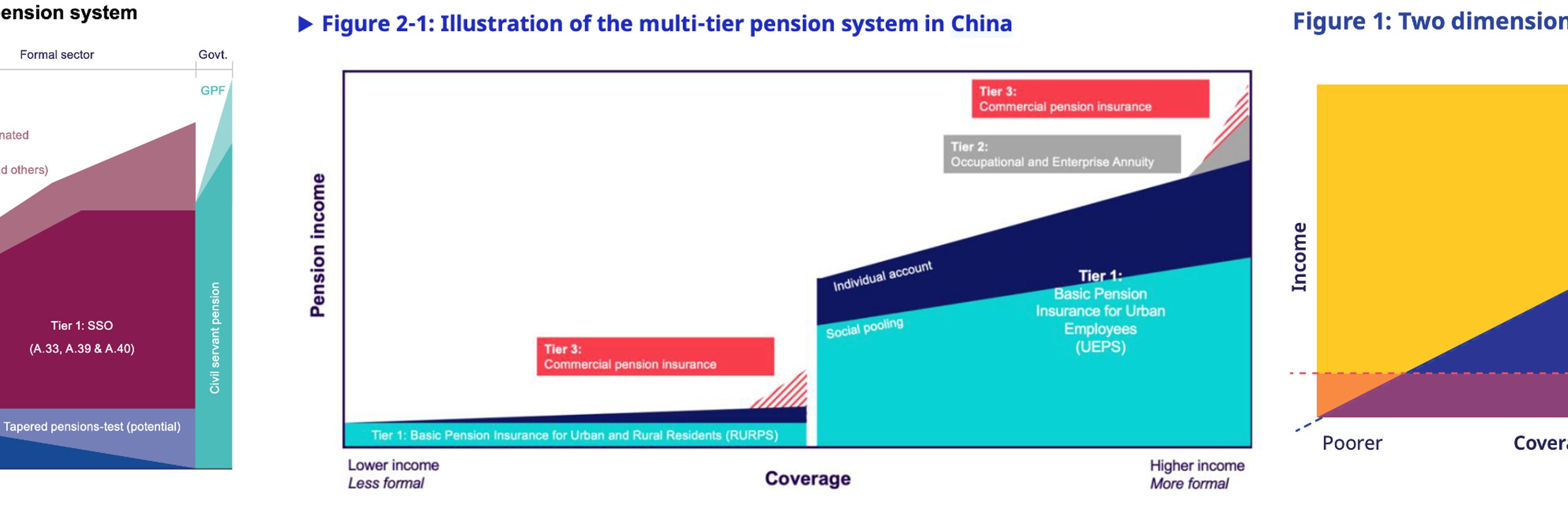

In the end, whatever Elon says will have to rub up against the political economy of this.

In the end, whatever Elon says will have to rub up against the political economy of this.
Just on the question of the AI being perceived as more "scientific", in this case the human reviewers don't know whether the review is from the AI, or randomly selected for review.

Just on the question of the AI being perceived as more "scientific", in this case the human reviewers don't know whether the review is from the AI, or randomly selected for review.
In case it's not already on your radar, this is another nice resource for OECD level comparison: www.oecd-ilibrary.org/employment/d...
Seems to roughly match the UK and Sweden data (reassuringly)

In case it's not already on your radar, this is another nice resource for OECD level comparison: www.oecd-ilibrary.org/employment/d...
Seems to roughly match the UK and Sweden data (reassuringly)
By the way, lovely chart from the ONS data on the changing composition of incapacity benefit caseload.

By the way, lovely chart from the ONS data on the changing composition of incapacity benefit caseload.
Indeed, the report reads like one of an organisation taking these issues seriously (or perhaps I am naïve).

Indeed, the report reads like one of an organisation taking these issues seriously (or perhaps I am naïve).
The commentary in the notebooks is quite beautifully written.



The commentary in the notebooks is quite beautifully written.
Arguments in this pamphlet resonate with modern day debates.
babel.hathitrust.org/cgi/pt?id=uc...

Arguments in this pamphlet resonate with modern day debates.
babel.hathitrust.org/cgi/pt?id=uc...

In all cases government revenue is set to increase in REAL TERMS. By 10% in Nigeria, and more than 40% in Uganda.
Why is this? Economic growth... which is set to average between 3 and 7% per year in these countries over the period.
2/4

In all cases government revenue is set to increase in REAL TERMS. By 10% in Nigeria, and more than 40% in Uganda.
Why is this? Economic growth... which is set to average between 3 and 7% per year in these countries over the period.
2/4
Look at this chart... government expenditure as a % of GDP is flat, if not falling.
So there's no fiscal space, right?
1/4

Look at this chart... government expenditure as a % of GDP is flat, if not falling.
So there's no fiscal space, right?
1/4
www.p4sp.org/resources/in...

www.p4sp.org/resources/in...
E.g. look at this from a book I was recently reading

E.g. look at this from a book I was recently reading
He was clearly onto something 🙂

He was clearly onto something 🙂

The issues of equivalance scales having "no up-to-date empirical underpinning" is even more acute in developing countries (see this nice paper on the issue: www.developmentpathways.co.uk/wp-content/u...)

The issues of equivalance scales having "no up-to-date empirical underpinning" is even more acute in developing countries (see this nice paper on the issue: www.developmentpathways.co.uk/wp-content/u...)
I'm often struck by how much better data availability/curation is on these kind of issues are compared to, say, a decade ago
@cgalian.bsky.social @ourworldindata.org

I'm often struck by how much better data availability/curation is on these kind of issues are compared to, say, a decade ago
@cgalian.bsky.social @ourworldindata.org
@desibility.bsky.social
Adding alt text on this screenshot of the alt text prompt felt very meta.

@desibility.bsky.social
Adding alt text on this screenshot of the alt text prompt felt very meta.
Register here: bit.ly/4hLyjah
@desibility.bsky.social @cbehrendt.bsky.social

Register here: bit.ly/4hLyjah
@desibility.bsky.social @cbehrendt.bsky.social

Contributes to a growing global evidence base on local economy multipliers!

Contributes to a growing global evidence base on local economy multipliers!

